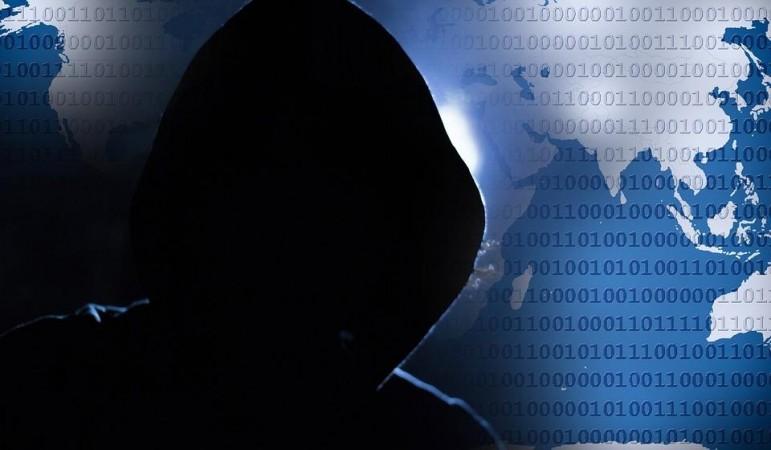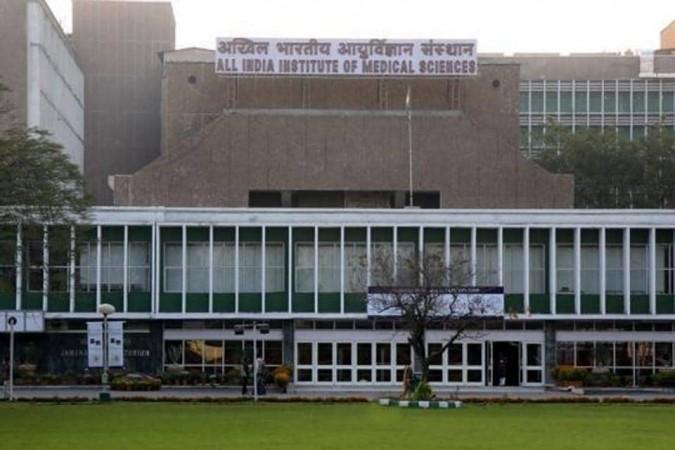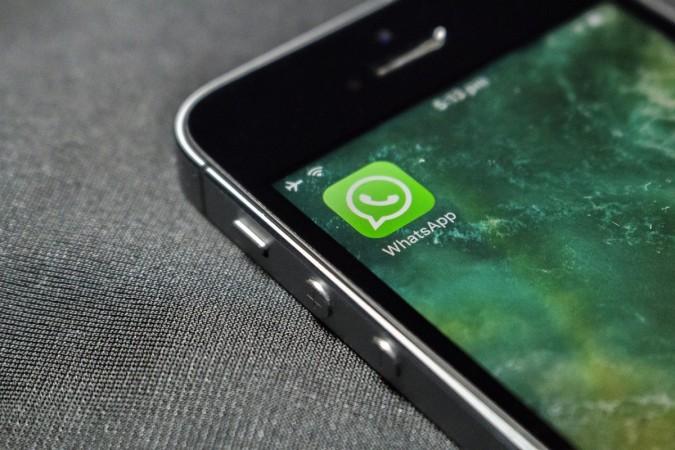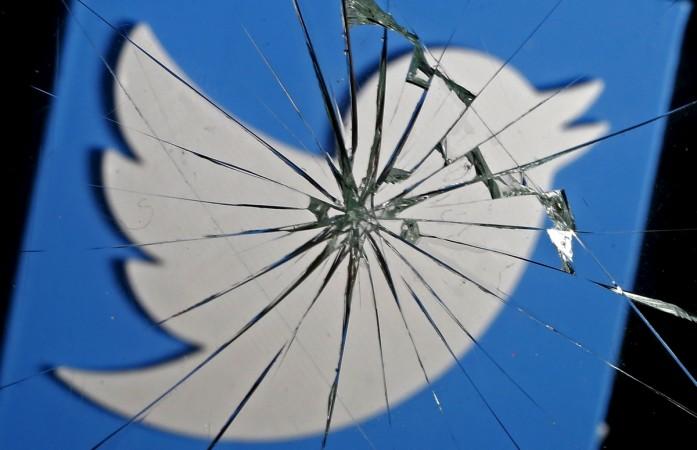zeenews.india.com understands that your privacy is important to you and we are committed for being transparent about the technologies we use. This cookie policy explains how and why cookies and other similar technologies may be stored on and accessed from your device when you use or visit zeenews.india.com websites that posts a link to this Policy (collectively, “the sites”). This cookie policy should be read together with our Privacy Policy.
By continuing to browse or use our sites, you agree that we can store and access cookies and other tracking technologies as described in this policy.
What are Cookies and Other Tracking Technologies?
A cookie is a small text file that can be stored on and accessed from your device when you visit one of our sites, to the extent you agree. The other tracking technologies work similarly to cookies and place small data files on your devices or monitor your website activity to enable us to collect information about how you use our sites. This allows our sites to recognize your device from those of other users on our sites. The information provided below about cookies also applies to these other tracking technologies.
How do our sites use Cookies and Other Tracking Technologies?
Zeenews.com use cookies and other technologies to store information in your web browser or on your mobile phone, tablet, computer, or other devices (collectively “devices”) that allow us to store and receive certain pieces of information whenever you use or interact with our zeenews.india.com applications and sites. Such cookies and other technologies helps us to identify you and your interests, to remember your preferences and to track use of zeenews.india.com We also use cookies and other tracking technologies to control access to certain content on our sites, protect the sites, and to process any requests that you make to us.
We also use cookies to administer our sites and for research purposes, zeenews.india.com also has contracted with third-party service providers to track and analyse statistical usage and volume information from our site users. These third-party service providers use persistent Cookies to help us improve user experience, manage our site content, and analyse how users navigate and utilize the sites.
First and Third-party Cookies
First party cookies
These are those cookies that belong to us and which we place on your device or are those set by a website that is being visited by the user at the time (e.g., cookies placed by zeenews.india.com)
Third-party cookies
Some features used on this website may involve a cookie being sent to your computer by a third party. For example, if you view or listen to any embedded audio or video content you may be sent cookies from the site where the embedded content is hosted. Likewise, if you share any content on this website through social networks (for example by clicking a Facebook “like” button or a “Tweet” button) you may be sent cookies from these websites. We do not control the setting of these cookies so please check the websites of these third parties for more information about their cookies and how to manage them.
Persistent Cookies
We use persistent cookies to improve your experience of using the sites. This includes recording your acceptance of our cookie policy to remove the cookie message which first appears when you visit our site.
Session Cookies
Session cookies are temporary and deleted from your machine when your web browser closes. We use session cookies to help us track internet usage as described above.
You may refuse to accept browser Cookies by activating the appropriate setting on your browser. However, if you select this setting you may be unable to access certain parts of the sites. Unless you have adjusted your browser setting so that it will refuse cookies, our system will check if cookies can be captured when you direct your browser to our sites.
The data collected by the sites and/or through Cookies that may be placed on your computer will not be kept for longer than is necessary to fulfil the purposes mentioned above. In any event, such information will be kept in our database until we get explicit consent from you to remove all the stored cookies.
We categorize cookies as follows:
Essential Cookies
These cookie are essential to our site in order to enable you to move around it and to use its features. Without these essential cookies we may not be able to provide certain services or features and our site will not perform as smoothly for you as we would like. These cookies, for example, let us recognize that you have created an account and have logged in/out to access site content. They also include Cookies that enable us to remember your previous actions within the same browsing session and secure our sites.
Analytical/Performance Cookies
These cookies are used by us or by our third-party service providers to analyse how the sites are used and how they are performing. For example, these cookies track what content are most frequently visited, your viewing history and from what locations our visitors come from. If you subscribe to a newsletter or otherwise register with the Sites, these cookies may be correlated to you.
Functionality Cookies
These cookies let us operate the sites in accordance with the choices you make. These cookies permit us to “remember you” in-between visits. For instance, we will recognize your user name and remember how you customized the sites and services, for example by adjusting text size, fonts, languages and other parts of web pages that are alterable, and provide you with the same customizations during future visits.
Advertising Cookies
These cookies collect information about your activities on our sites as well as other sites to provide you targeted advertising. We may also allow our third-party service providers to use cookies on the sites for the same purposes identified above, including collecting information about your online activities over time and across different websites. The third-party service providers that generate these cookies, such as, social media platforms, have their own privacy policies, and may use their cookies to target advertisement to you on other websites, based on your visit to our sites.
How do I refuse or withdraw my consent to the use of Cookies?
If you do not want cookies to be dropped on your device, you can adjust the setting of your Internet browser to reject the setting of all or some cookies and to alert you when a cookie is placed on your device. For further information about how to do so, please refer to your browser ‘help’ / ‘tool’ or ‘edit’ section for cookie settings w.r.t your browser that may be Google Chrome, Safari, Mozilla Firefox etc.
Please note that if your browser setting is already setup to block all cookies (including strictly necessary Cookies) you may not be able to access or use all or parts or functionalities of our sites.
If you want to remove previously-stored cookies, you can manually delete the cookies at any time from your browser settings. However, this will not prevent the sites from placing further cookies on your device unless and until you adjust your Internet browser setting as described above.
For more information on the development of user-profiles and the use of targeting/advertising Cookies, please see www.youronlinechoices.eu if you are located in Europe or www.aboutads.info/choices if in the United States.
Contact us
If you have any other questions about our Cookie Policy, please contact us at:
If you require any information or clarification regarding the use of your personal information or this privacy policy or grievances with respect to use of your personal information, please email us at response@zeemedia.esselgroup.com.



![[Representational image] E-commerce](https://data1.ibtimes.co.in/en/full/656780/e-commerce.jpg?h=450&l=50&t=40)










